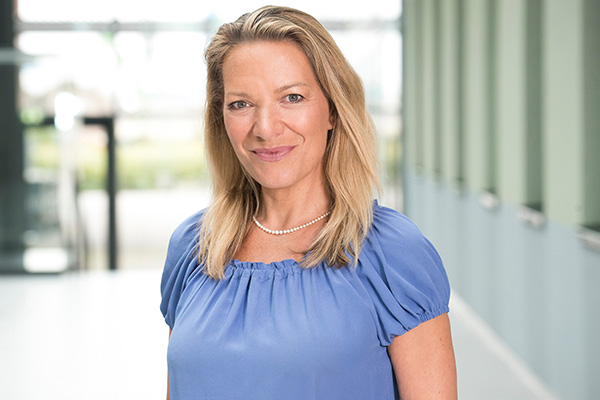The investigation of the formation- and purpose of black matter in anaerobic methane oxidisers and methanogens
Stian Torset – Hector Fellow Antje Boetius
The project investigates the structure, purpose, and mechanisms of origin for amorphous carbon formed by methanogenic and methane-oxidizing archaea. I will use advanced biophysical, computational, and genetic tools to determine the genes, proteins and structures, including the molecular mechanisms involved in the formation of this carbon. Potential applications will be assessed. The project is supervised by Hector Fellow Antje Boetius.
The project investigates the formation of amorphous carbon by archaea. So far this carbon has been identified in select methanogenic and methane-oxidizing archaea, yet the role of this carbon and molecular mechanisms underlying its formation are completely unknown. In the first phase of my PhD project, I will study the distribution of these carbon species in different archaea, and will employ biophysical methods such as high-resolution microscopy to determine its chemical and physical nature. Understanding these characteristics will be crucial to identify best target organisms to characterize this novel metabolic product. I will use molecular approaches to study the mechanisms underlying the formation of this carbon. Metatranscriptomics will help to identify target genes potentially coding for enzymes involved in the formation of amorphous carbon. Based on such a target list I will use gene-editing tools such as CRISPR-Cas 9 to narrow down an involvement of encoded candidate enzymes in amorphous carbon formation. Structural analyses of such enzymes and biochemical experiments will help to resolve functioning of such enzymes. In addition, I will join ship-based expedition to gas-rich cold seeps such as found in the Black Sea to investigate the environmental role of microbially produced amorphous carbon. The project is supervised by Hector Fellow Antje Boetius.

Stian Torset
Max Planck Institute for Marine MicrobiologySupervised by

Antje Boetius
Biology

